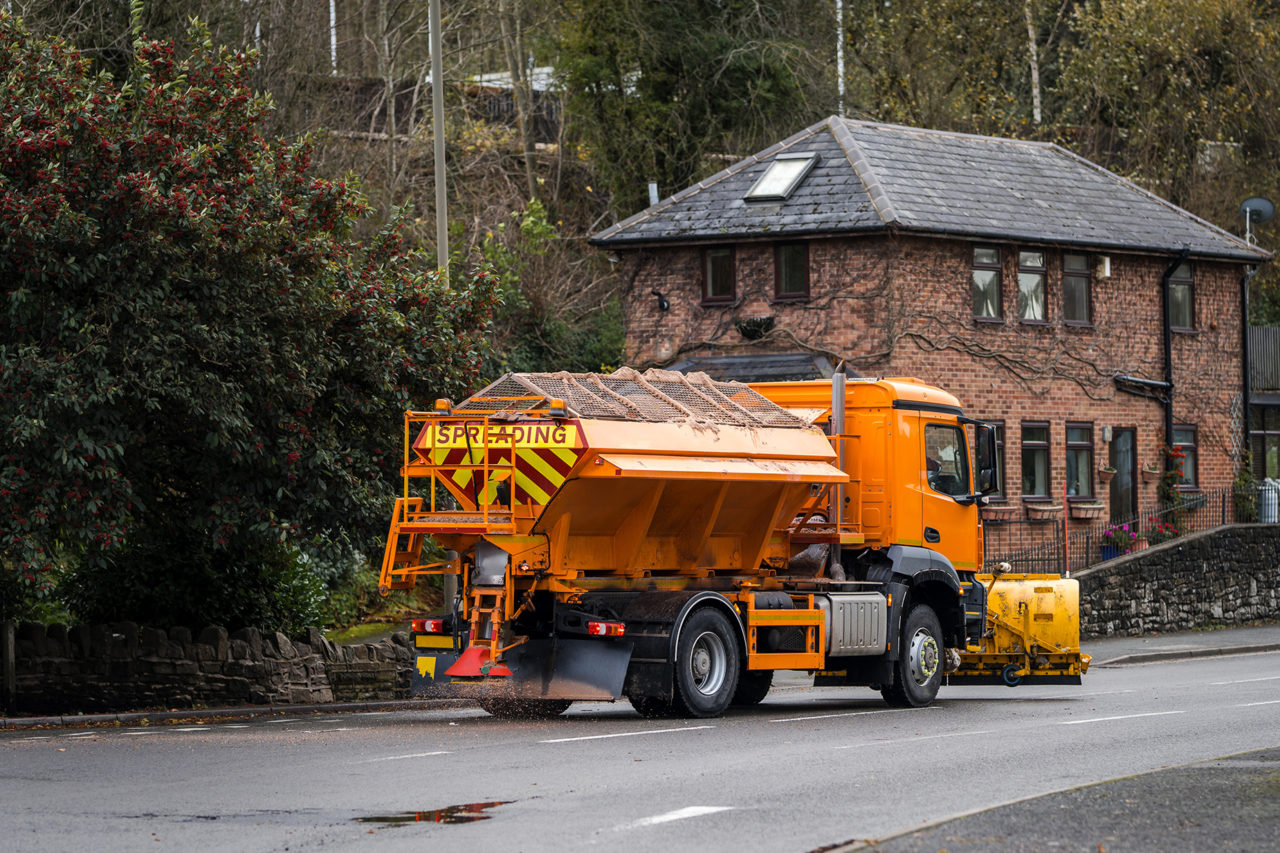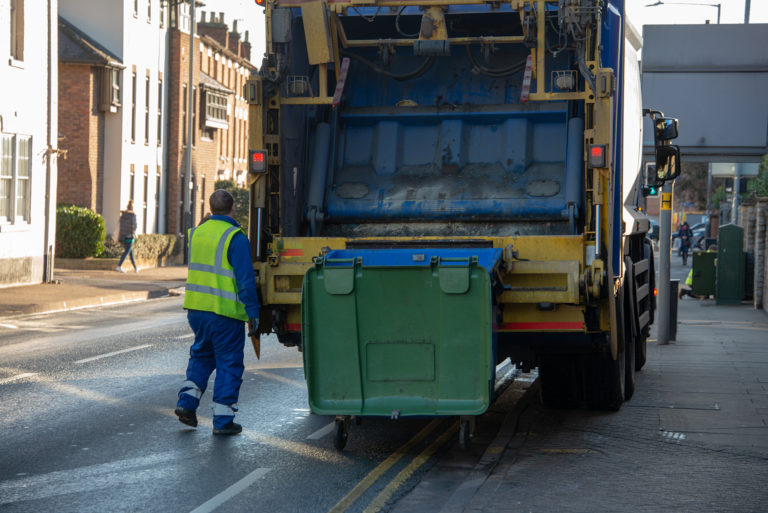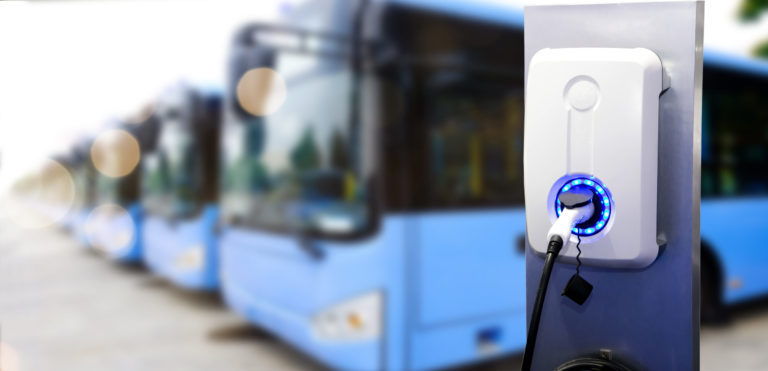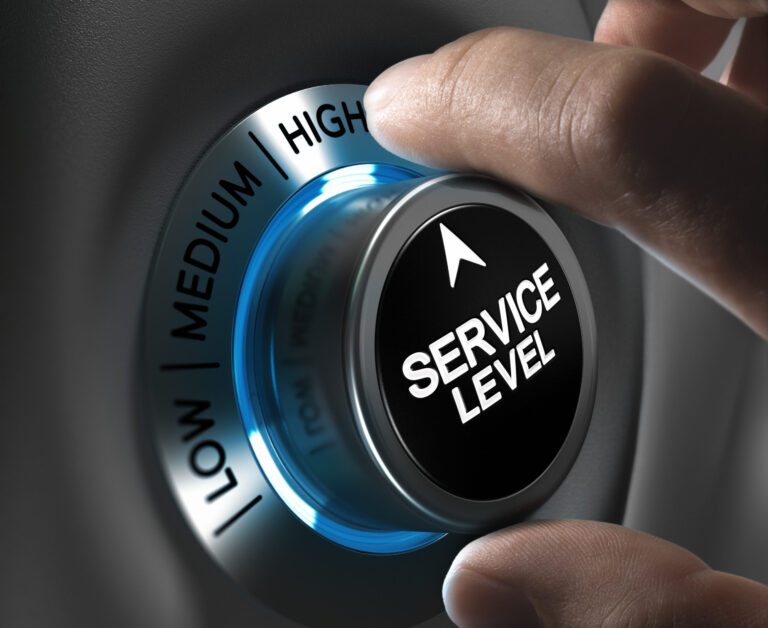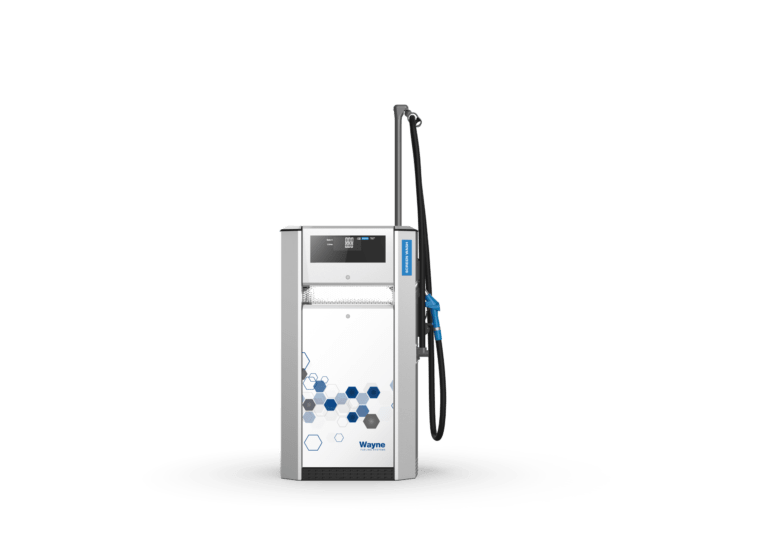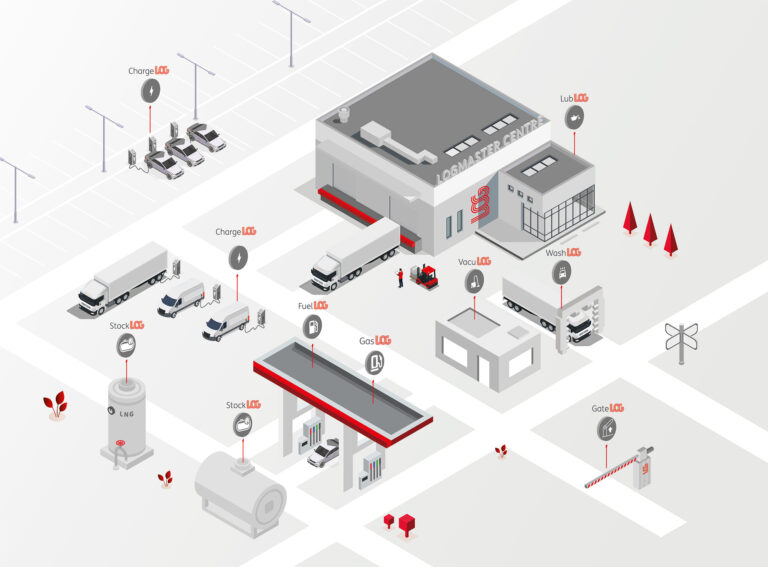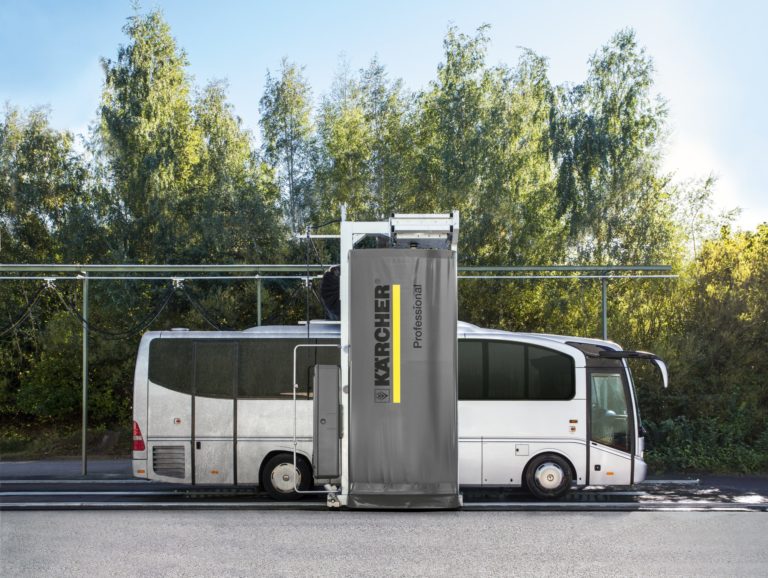Working for a cleaner, brighter future
Local councils perform an extensive range of invaluable services in society, such as refuse collection and disposal, recycling and waste management, support for the elderly and vulnerable, park maintenance, litter control, street cleaning, and sports/leisure services and recreational facilities to name a few.
This level of responsibility poses a huge logistical challenge for every council and relies heavily on interdepartmental cooperation, public support and collaboration with strategic business partners.
Due to the complex nature of the circa 800 services provided by county, district, borough or city councils, local authority workers alone are unable to handle every situation and as a consequence, reliable suppliers and professional contractors must be sought to fulfil obligations and meet strict deadlines
